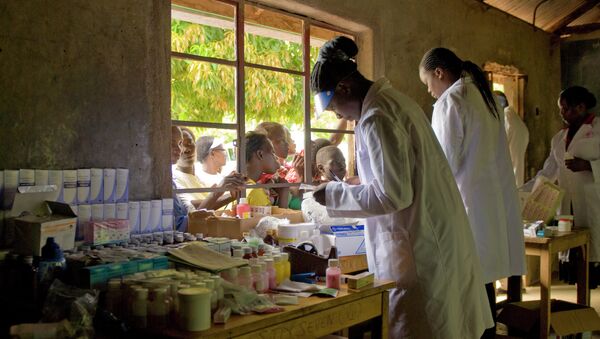"Diagnostic testing enables health providers to rapidly detect malaria and prescribe life-saving treatment," the release explained on Tuesday.
The release cited a report showing that in 2015, half of children (51 percent) seeking care for a fever at a public health facility in 22 sub-Saharan African nations received a diagnostic test compared with 29 percent in 2010.
According to available data, there was a five-fold increase in the percentage of women receiving the recommended three or more doses of sulfadoxine-pyrimethamine in 20 African countries, the release noted. Coverage reached 31 percent in 2015, up from 6 percent in 2010.
Treatment of pregnant women with the drug can prevent maternal and infant mortality, anemia and other adverse effects of malaria in pregnancy, the release explained.
The release also noted an increase in the use of insecticide-treated bed nets to protect against the mosquito-borne illness.
At the same time, the release warned that substantial gaps in anti-malaria programs remain, due in part to funding shortfalls and fragile health systems.



